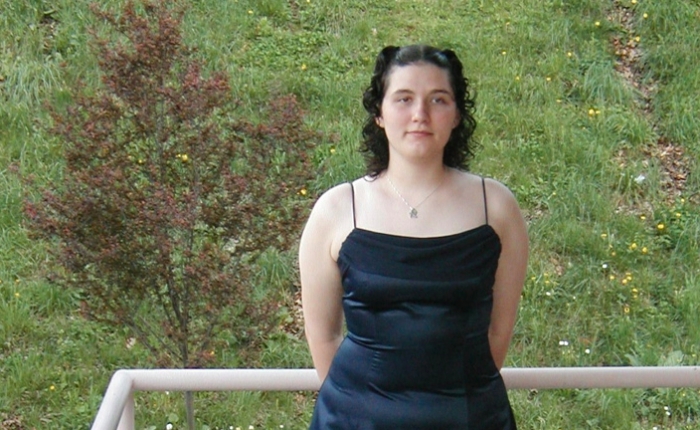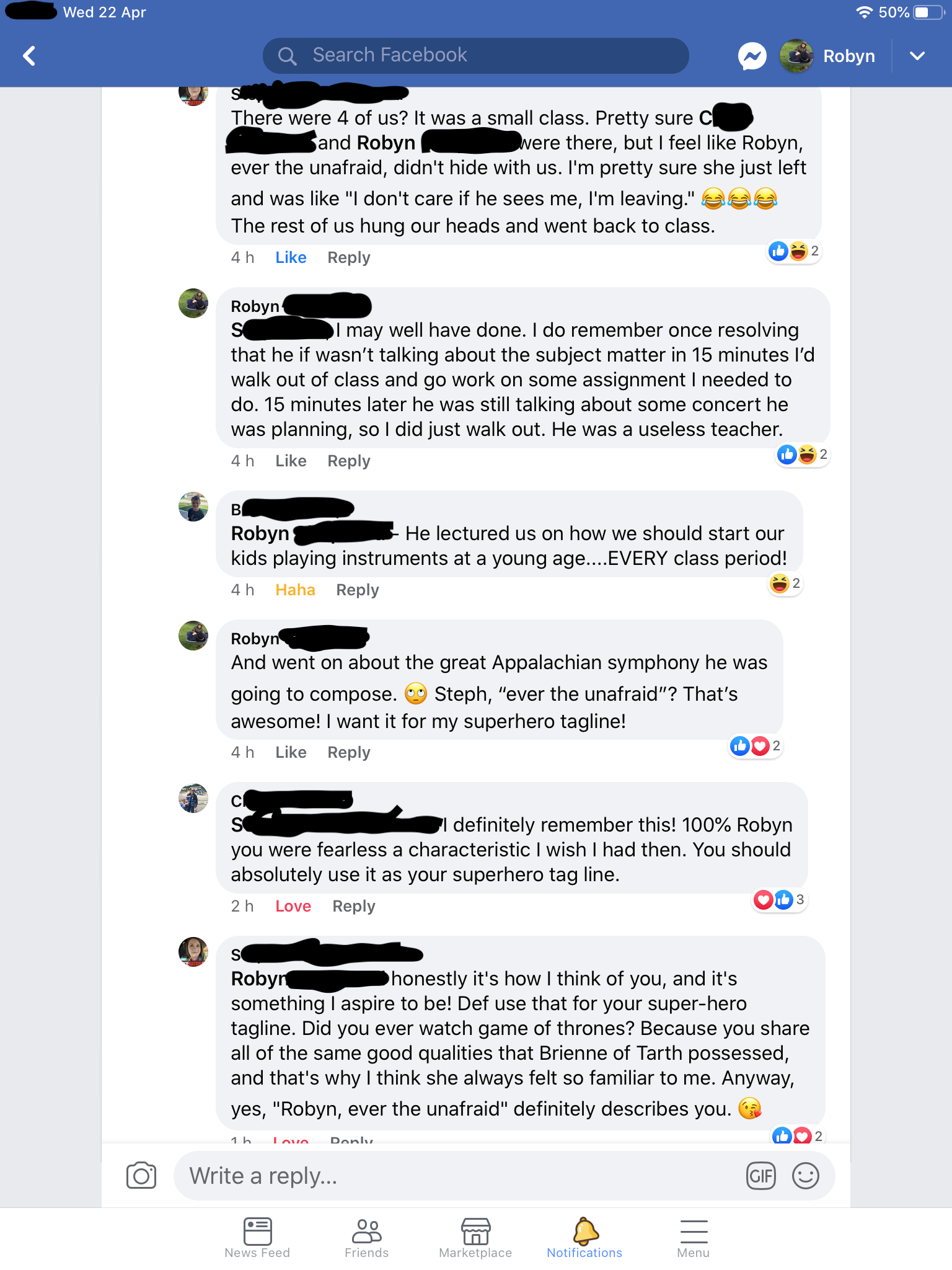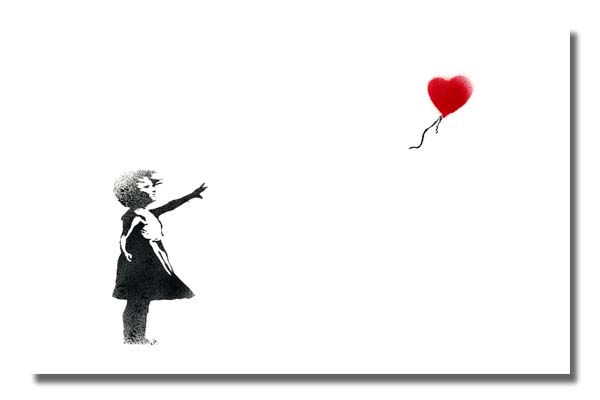Sometimes I sit and remember. I try to reconcile who I was with what I have become. I remember how long and how urgently we searched for someone, anyone, who would take us seriously, Who would invest in us, who would back up words of encouragement with practical help on how to survive and still fulfil our sense of calling.
We made one last effort after that fatal church meeting, before we made the decision to move. We knew our position was untenable, we couldn’t stay where we were. The decision of the church meeting freed me from any sense of obligation to fulfil my commitment which, on their end, the church had already abandoned. So we reached out to the one person who has shown any real understanding of our journey, and he agreed to meet with us.
We would’ve given of years of our lives if someone had offered us real support – practical, financial, emotional, and spiritual support – and help along the way to the goal that we both saw, the dream we had, but even this man whom we had thought of as understanding gave us only listening, sympathy, and advice. The advice was always the same, some variation on keep your head down, try to blend in, pay your dues to the system, give yourself time to heal. But in the end all it really meant was “you are not my problem,” or at least “not my responsibility.” All that we had been fed, all that we had swallowed, invested ourselves in, dreamed of – a community they cared for its own, an institution passionate about change and prophetic vision. Finally we began to see them for what they were – empty, hollow, rhetorical ideals. No one was going to help us if we didn’t help ourselves.
And that was it, we walked away. We moved more than 200 miles to the place we felt we should be. That was more than 4 years ago. We have lived in three houses and been supported by as many jobs in that time. At nearly 18 months this is the longest we have gone without changing one or both in all that time.
So it is that now I begin to unpack. I look back at a litany of little letdowns and betrayals. I look back on a decade of life changes, many of them traumatic, and then I think that perhaps precarious mental health and deep loneliness aren’t so surprising after all.
I didn’t mean to walk away from faith. Faith had been my life for as long as I could remember. God was inside me. Until the traumas and betrayals of ministerial life became too much. Until entering a church caused such a strong reaction I found myself battling anxiety and swallowing panic attacks at the prospect of going. Until a friend I had considered surrogate family came to my home with her minister and read me a list of the ways I had let her down while I was barely coping with staying alive and caring for my new baby. Until I finally let go. And faith simply faded away like smoke in the wind.
So I ended up here, in a little village several centuries old, doing dishes and laundry and gardening, telling off the dogs for barking and answering the constant pleas for food, attention and information from my fast-growing son. There is almost no time for thought or tears or regret or understanding the past. There are almost no friends, certainly not close or long-standing friends. Family are in other time zones, prevented from visiting world circumstances and money. My spouse works hard and has little left to give, my son drains me dry daily. I, the intellectual, inspired, passionate, prophetic individual, am a downtrodden and depressed full-time mom, “homemaker,” and home educator with no personal income or prospects.
I am nothing. From a chosen people, a holy priesthood; from a divine calling and blessing; from being a person needed and respected by my peers. I am now no one. All I once called friends, even brothers, are as absent as the dead in my life.
And in the midst of it all I sit, silent tears wetting my cheeks, while my son jumps on me and my dogs bark at passerby. I sit and weep and wonder “who am I?”, but the only thing I have time to know for certain is this – I’m not who I was.








